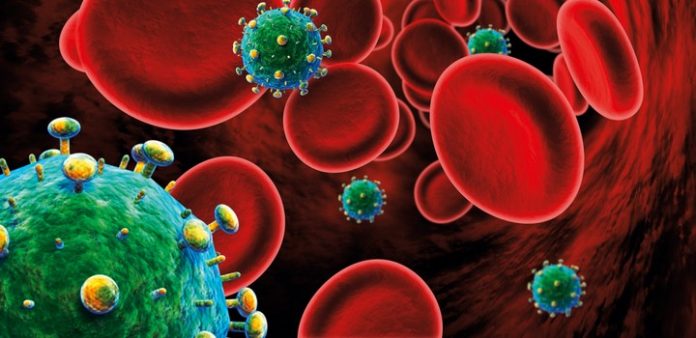A recent announcement by authorities in a Canadian province regarding the relaxation of provisions surrounding criminalization of HIV has fallen short of expectations, say observers.
Canada’s laws are outdated as compared to international norms and also with respect to scientific evidence.
Under previous rules, anyone who tests HIV-positive needs to disclose this to intimate partners before engaging in sexual intercourse. Not doing so may result in charges of aggravated sexual assault which carries a significant prison sentence and lifelong listing in the sex offender registry.
Relaxation In Prosecution Laws
On World AIDS Day the Ontario Attorney General and Minister of Health announced that henceforth prosecutors would no longer pursue cases involving nondisclosure when the individual’s viral load has been successfully suppressed for six months and more.
Although welcome, the new rule stops short of a full reversal of the prosecution policy.
While it may be advisable for partners to share facts of their condition, experts believe that using the criminal law to force honesty in relationships is not appropriate. All sexual interactions also may not occur within relationships and people may hesitate to disclose their condition fearing rejection or even abuse. Furthermore they might have taken necessary steps that effectively reduces the risk of transmission to the minimum.
Medical evidence proves that viral suppression via anti-retroviral therapies (ART) is able to fully contain the risk of transmission, making it negligible.
Over 70 top HIV medical practitioners and researchers in Canada stated in a 2014 consensus paper that correct usage condoms are “100 per cent effective” at stopping transmission of HIV. Additionally, they noted that the risk of transmission from oral sex was also “negligible to nil.”
Canada An Outlier On HIV Laws
Advocacy organizations in the country have been urging for long to keep criminal prosecutions limited to cases of intentional transmission, in line with existing recommendations of UN agencies and HIV experts.
Canada however remains an outlier with respect to HIV disclosure even after its Supreme Court ruled in 2012 that “clarified disclosure” was not essential in cases where condoms have been used and the viral load is not detectable.
The new laws are a positive sign of change but not enough.
According to the Justice Canada report, Criminal Justice System’s Response to Non-Disclosure of HIV, HIV is primarily a public health issue and should not attract criminal law provisions when the afflicted persons limit their activity, use condoms or tackle their condition responsibly with ART.
Richard Elliott, executive director of the Canadian HIV/AIDS Legal Network said that the new law’s focus on viral loads alone doesn’t improve justice for “marginalized people facing systemic barriers”.



